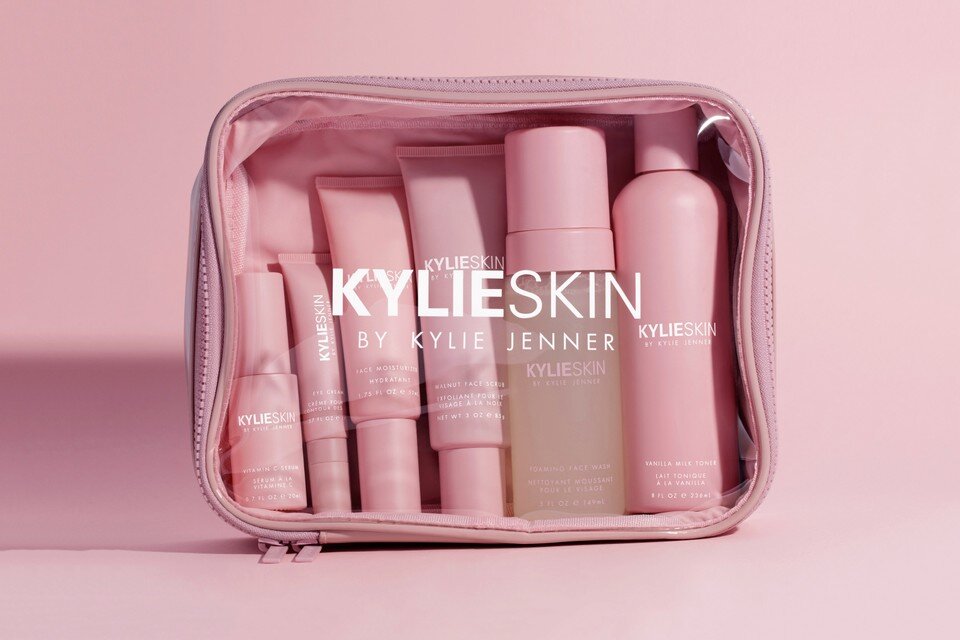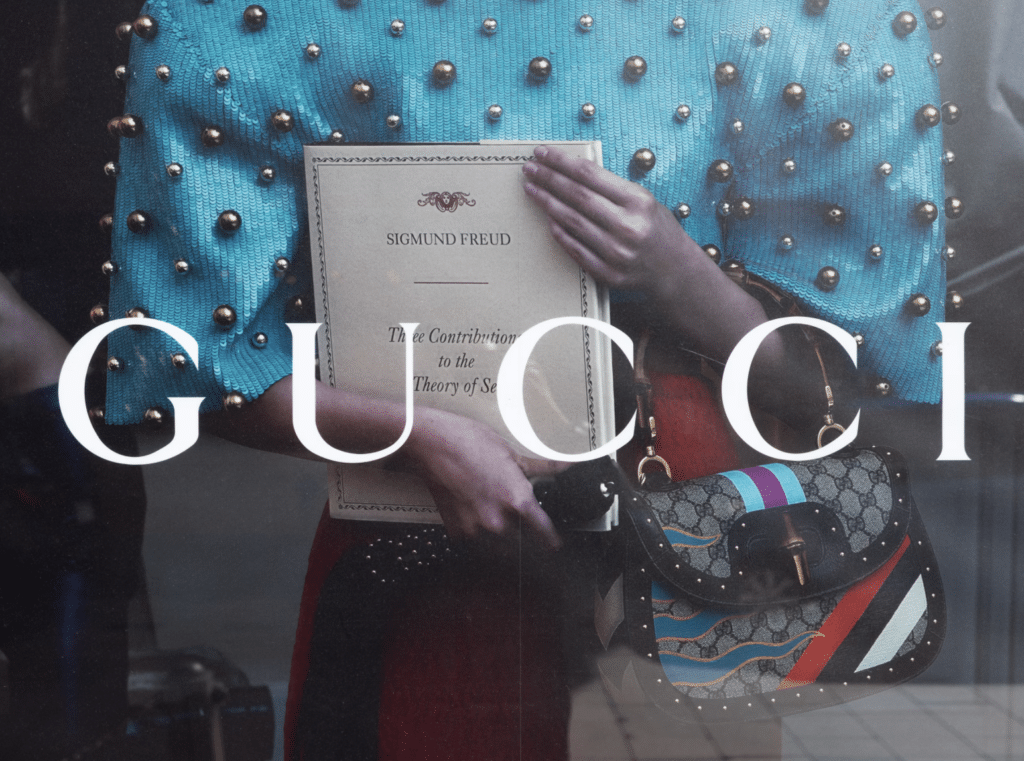Coty is taking a majority stake in Kylie Cosmetics, a deal that values the star’s buzzy beauty brand at $1.2 billion. The New York-headquartered beauty giant is set to pay $600 million for a controlling stake in 22-year old Kylie Jenner’s 6-year old cosmetics startup, betting that the young celebrity’s brand – which is expected to bring in $200 million in sales this year – “can revive [Coty’s] struggling beauty business, which is based on CoverGirl and MaxFactor,” according to the Wall Street Journal.
“This is where the growth of the market is,” Coty finance chief Pierre-André Terse said on Monday, referring to the emergence of a burgeoning celebrity-faced and social-media-centric segment in the $500 billion global beauty sector.
With built-in bases of consumers by way of their fans, celebrities certainly have a well-established advantage over other new brands and in many cases, even established ones, which is at least part of why the likes of Lady Gaga (who launched Haus Labs this summer with help from Amazon), Rihanna (who teamed up with LVMH for her Fenty Beauty venture), and others have had success in bringing beauty products to market in recent years. In addition to the luxury of launching products to an already-established and often highly-engaged pool of consumers, celebrity founders have powerful marketing tools right in their pockets, free of charge.
“Celebrity endorsements through million-dollar [social media posts] have the ability to reach consumers faster than any traditional marketing campaign,” says Joseph Magnacca, CEO of cosmetics licensing giant Massage Envy, and thus, celebrities are vying to “leverage their status” in order to cash in on the lucrative beauty and skincare market.
Aside from the marketing cost efficiencies of a brand’s founder having millions of Instagram followers, and thus, removing the need to look (and spend) outside of the company for marketing, the power of having a direct line to consumers – which comes with social media – is not to be overlooked, either.
There is also a reliability factor. The all-powerful millennial and Gen-Z consumers “want someone they can relate to and celebrities they idolize fit that bill much more than a corporation,” according to Dazed Beauty. “Though celebrities aren’t exactly relatable—their lifestyles are aspirational and that’s what actually sells product— in the case of the Kardashian-Jenners, [consumers] seen their rise to stardom, we’ve grown up with them in our living rooms, we’ve contributed to their success and that counts for a lot.”
Coty could certainly benefit from a boost, as the 115-year old beauty giant – which acquired acquired more than 40 beauty brands from Procter & Gamble in 2016, and holds licenses to product and sell beauty/fragrances products bearing the trademarks of Calvin Klein, Balenciaga, Gucci, Marc Jacobs, and Miu Miu, among many others – has been hit by falling sales of beauty products, as young consumers opt for more natural beauty looks and prioritize skincare over makeup.
As for Jenner, the youngest member of the Kardashian/Jenner reality television clan, she “will remain the public face of the brand. Meanwhile, the company, itself, will reportedly adopt a new moniker, Kylie Beauty, per WSJ, likely in furtherance of an effort to more seamlessly combine the brand’s traditional beauty offerings, such as its lipkits, bronzers, and eyeshadow palettes, with its new “Kylie Skin” products.














